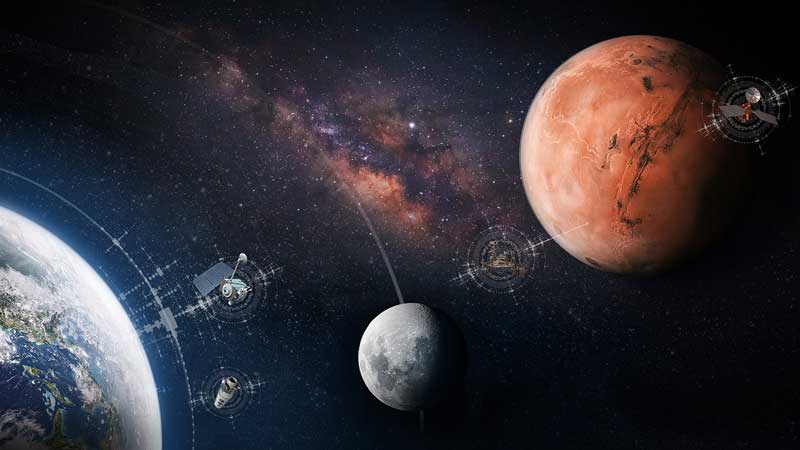Like their terrestrial counterparts, space-based systems benefit from the greater computing power achieved through semiconductor scaling. However, chips for spacecraft must be radiation hardened (RH) to operate in the rigors of space, and there is considerable time and effort required to develop and qualify rad-hardened devices on a given process node. The BAE Systems RH45® nanometer (nm) node has long been the go-to solution for space-based computing, but the industry is now on the verge of a dramatic leap forward.

The US Department of War (DoW) selected BAE Systems to qualify a new generation of integrated circuits using 12nm technology, which will be radiation hardened and available to the space community to address future high-performance requirements.
“Our RH12 Storefront provides a turnkey solution for customers requiring radiation-hardened 12 nanometer integrated circuits,” said Joe Dziezynski, director of Space Systems at BAE Systems. “This approach uses commercial foundry technology for space missions, qualifying not only the library components but also the process for how each of those components are designed into customer integrated circuits. Customers now have a one-stop-shop for state-of-the-art microelectronics performance to complete their missions in the harsh space environment.”
For the RH12™ Storefront program, Rambus supplies BAE Systems with solutions from our industry-leading Silicon IP portfolio including DDR4 memory and PCIe controllers. The move to 12nm technology has a pronounced positive impact on the power and performance of space-based systems, and Rambus is proud to support this mission-critical endeavor. BAE Systems offers RH12 integrated circuit development and production services to the industry for use in defense, space, intelligence, research and commercial space missions.
View the BAE Systems press release for more details.

Leave a Reply